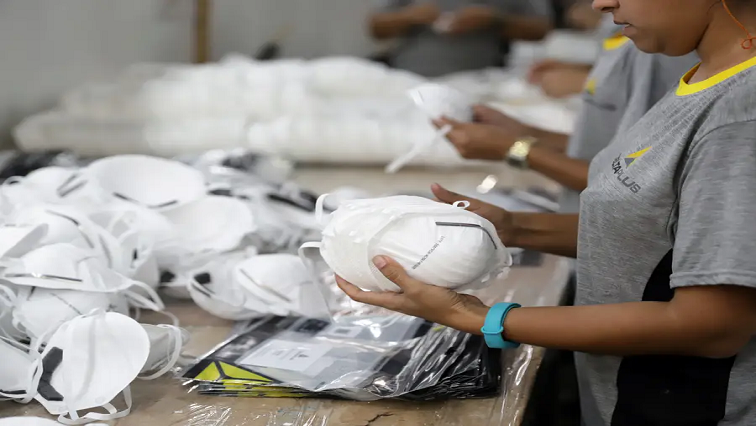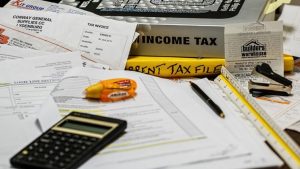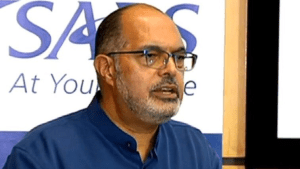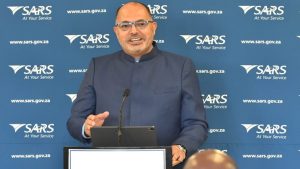South African Revenue Service Commissioner Edward Kieswetter says most companies awarded personal protective equipment tenders by government departments were not tax compliant.
Kieswetter was speaking on the first day of the Tax Indaba webinar. He has urged tax practitioners to comply with the tax laws of the country and not to assist any tax evasion schemes.
Kieswetter says tax compliance by practitioners has a direct influence on their clients.
“We would expect tax practitioners to be highly conscious of the tax morality of their own affairs and those of their clients and to endure the conduct of practice and to partner with us to build a culture of high compliance and not to tolerate or advance any tax evasion scheme that undermines our tax base.”
Tender corruption highlighted
In mid-August, the Limpopo Provincial health spokesperson Neil Shikwambana confirmed that COVID-19 personal protective equipment (PPE) tenders worth over R900 million were not advertised by the department, but the names were supplied to the department of health by the provincial treasury.
He says the company names were hand-picked from the database of the provincial treasury.
There are allegations that among the 216 companies awarded the tenders, some belong to government officials, the friends and relatives of senior politicians, while others did not qualify. One of the companies is alleged to be based in KwaZulu-Natal and is said to have been given a R180 million tender.
Following an outcry over the COVID-19 fraud and corruption allegations, the government has intensified its fight against those who it has described as stealing from the poor during the coronavirus pandemic.
On March 28, government introduced a nationwide lockdown in the country as measures to try and reduce the spread of the deadly COVID-19 virus.
In April, the government distributed food parcels to the needy who were hard hit by the impact of the lockdown.
Later in that month, the government introduced a R200bn loan guarantee scheme in a bid to assist enterprises with operational costs such as salaries, rent and the payment of suppliers.
The scheme was in partnership with major banks, the National Treasury and the South African Reserve Bank.
However, shortly after the food distribution started, reports of food parcels corruption emerged.
The allegations of food corruption were met with criticism from all sectors of the society, with some calling for harsher punishment against those found guilty.
The food parcels distributions were aimed at mitigating the impact of the lockdown.
At that time, the South African Social Security Agency (SASSA) said it was receiving about 900 calls per hour as the demand for food parcels was vast.
Several people belonging to political parties were accused of selling the food parcels or unfairly distributing them to their political party members.
In Tshwane, the South African National Civic Organisation opened a corruption case against some officials for allegedly distributing food parcels based on preference.
TIMELINE: COVID-19 food parcels, PPE corruption timeline






